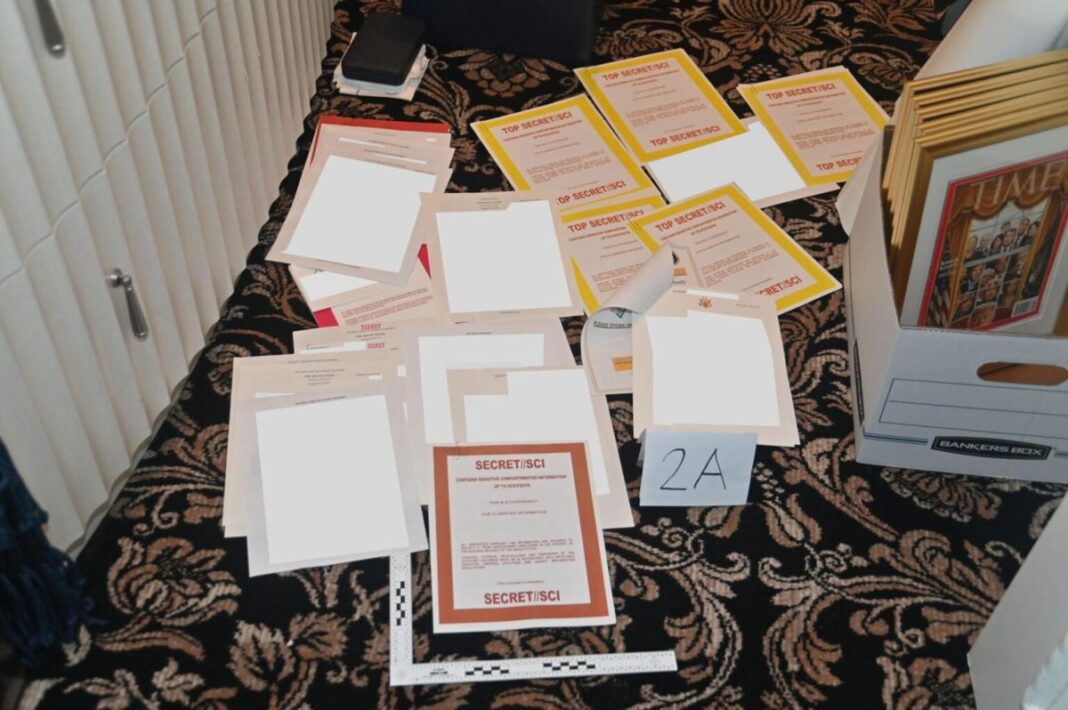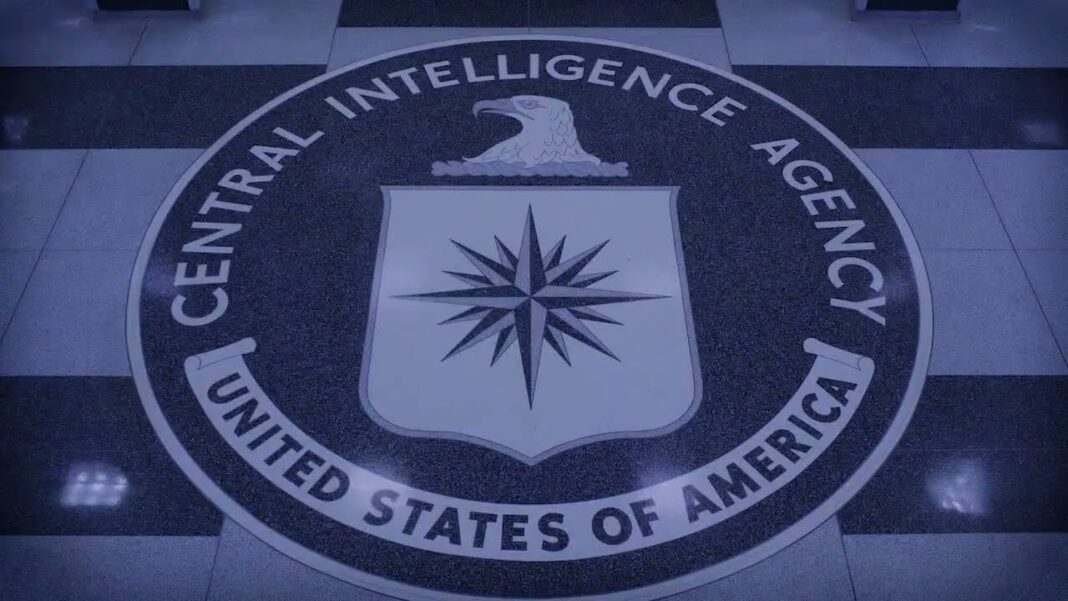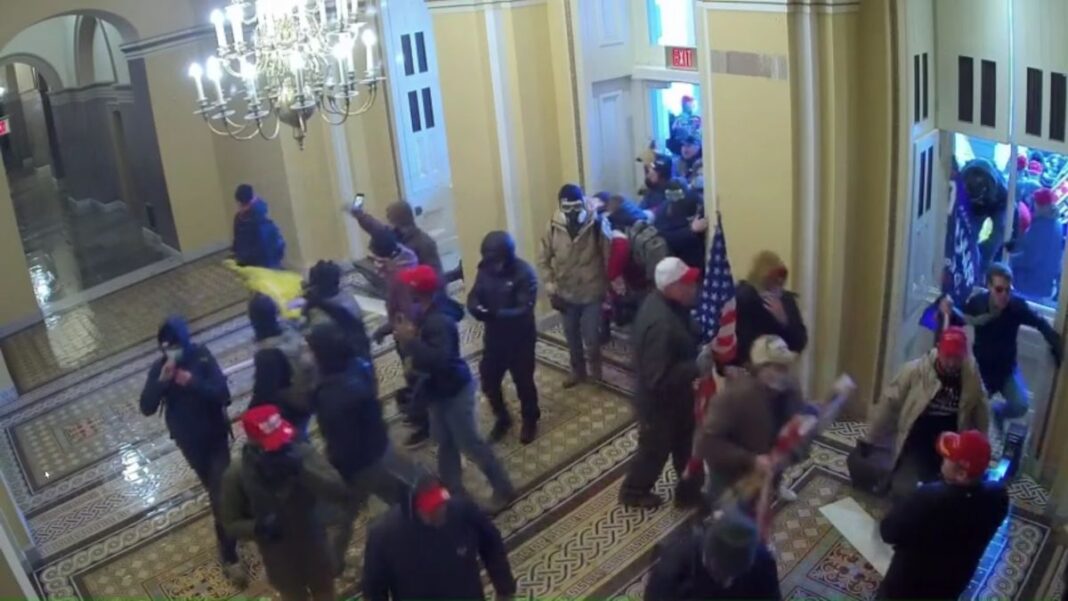Attorneys for Donald Trump came to the Justice Department on Monday morning to make their case that the government should not charge the former president in connection with his possession of classified documents after leaving office, a person familiar with the situation said.
The lawyers at the meeting were Lindsey Halligan, John Rowley and James Trusty, according to multiple people familiar with the situation, all of whom spoke on the condition of anonymity to discuss it. All three left the Justice Department just before noon, without speaking to reporters.
A reporter for CBS News first spotted the lawyers walking into the building.
In late May, Rowley and Trusty sent a letter to Attorney General Merrick Garland asking for a meeting to discuss what they call the unfair treatment of Trump by special counsel Jack Smith, who is leading the probe. They and Halligan — along with Timothy Parlatore, an attorney who has since left Trump’s legal team — sent a much more detailed letter to members of Congress in late April saying the classified-documents case should be investigated administratively, not as a criminal matter.
It is not unusual for lawyers for high-profile defendants to seek an audience with senior Justice Department officials toward the end of a federal criminal investigation. But it would be uncommon for such meetings to take place with the attorney general, the nation’s top law enforcement official. Instead, they would usually beheld with the chief of whichever Justice Department division is handling an investigation and potential prosecution, or sometimes the deputy attorney general.
And in Trump’s case, a meeting with the attorney general would be even more unusual because the investigation is being led by Smith, whose special counsel appointment gives him greater autonomy than other prosecutors in the Justice Department. Under department regulations, the attorney general may overrule the special counsel only if the special counsel has failed to follow Justice Department policies and practices.
By Jacqueline Alemany, Spencer S. Hsu, Perry Stein, Devlin Barrett and Josh Dawsey







